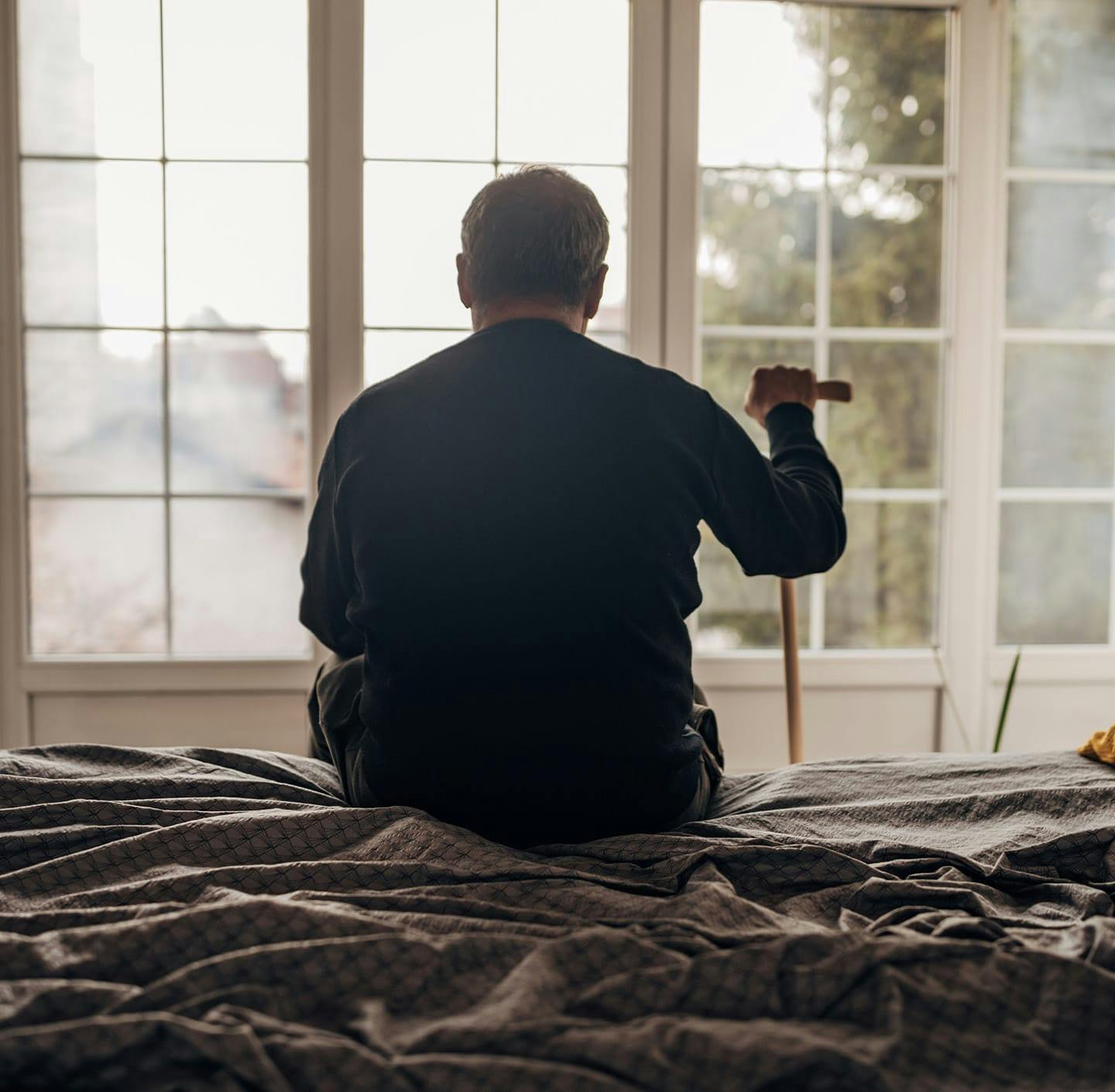What is Nursing Home Abuse?
According to Medicare, nursing home abuse is defined as the “willful infliction of injury, unreasonable confinement, intimidation, or punishment with resulting physical harm, pain, or mental anguish.” If your loved one has been a victim of nursing home abuse, the facility and all personnel involved must be held accountable for the harm they have caused.





